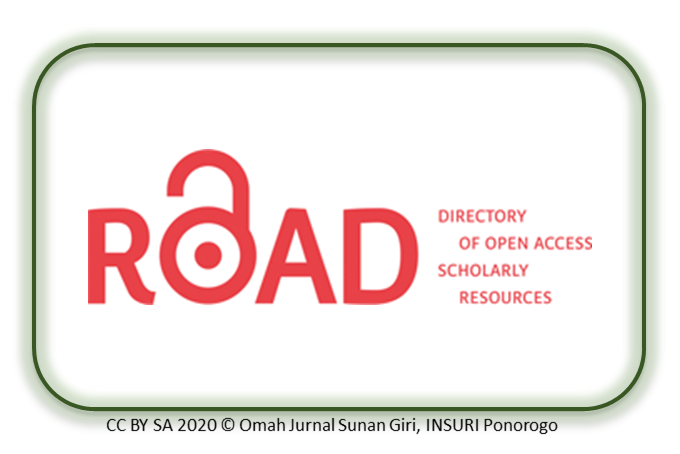Rekonstruksi Budaya Konsumsi: Kajian Kritis Perspektif Al-Ghazali Di Masa Dinasti Saljuk Dalam Implementasi Kebijakan Ekonomi
Abstract
The development of modern Islamic economics was greatly influenced by the development of economic thought when the Saljuk Dynasty ruled the Abbasid Dynasty in Baghdad. The implementation of this policy was not spared from the contribution of the most famous economic thinker at that time, Al-Ghazali. In this study, the author further examines the contribution of these figures in criticizing consumption culture. This study uses a literature review by collecting the data sources needed from various manuscripts. The results of this study show how Al-Ghazali provides a clear view of consumption regulation both at the individual level and at the national level by adhering to the 5 sharia goals and paying attention to the balance of meeting needs both at the basic (Daruriyat), additional (Hajiyat), and complementary (Tahsiniyat) levels. Al-Ghazali argues that economic balance will only be achieved by paying attention to the consumption culture that is born from efforts to meet these three needs. So, the ability to manage expenses is crucial.Copyright (c) 2025 Chairunnisa Chairunnisa, Siradjuddin Siradjuddin

This work is licensed under a Creative Commons Attribution-NonCommercial-ShareAlike 4.0 International License.
Contents on this site are licensed under Creative Commons Attribution-NonCommercial-ShareAlike 4.0 International (CC BY-NC-SA 4.0)



1.png)











